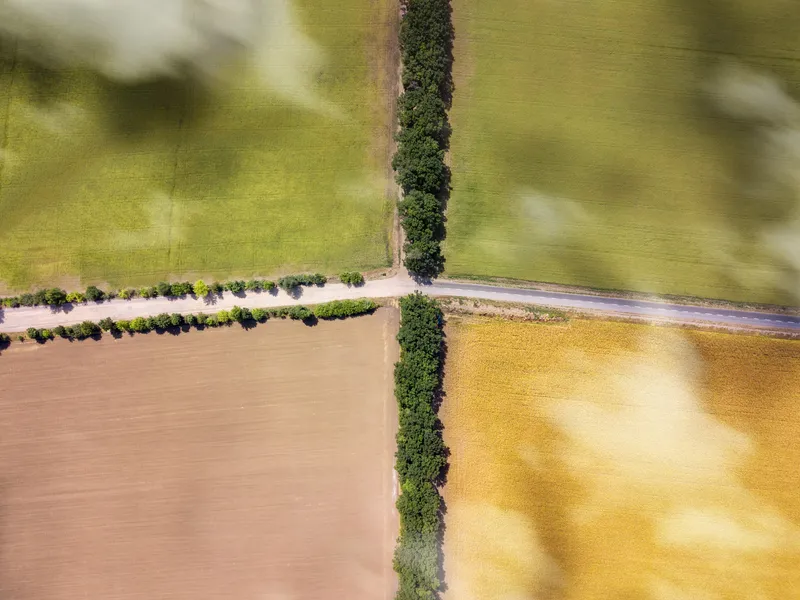
ITR Concession Company (ITRCC), operator of the Indiana East-West Toll Road, is to reduce carbon emissions by 50% by 2030 and become carbon neutral by 2050.
The tolled freeway runs for 156 miles east–west across northern Indiana from the Illinois state line to the Ohio state line.
The company’s goals focus on 'Scope 1' and 'Scope 2' emissions, which encompass emissions related to vehicles and equipment and indirect emissions from ownership and operations, such as electricity usage.
According to the ITRCC, these reductions align with the sustainability priorities of experts around the globe and the climate change targets established within the Paris Agreement.
As part of the commitment, the company has joined the Science Based Targets initiative, a global effort designed to define and promote best practices in emission reductions and net-zero targets. It allows global sustainability experts to independently assess ITRCC's targets, ensuring the goals are achieved.
Environmental initiatives on the toll road will include the deployment of electric charging infrastructure for all motorists who stop at any of its travel plazas.
This will provide one of the largest networks of charging station locations in the Midwest, ITRCC adds.
ITRCC CEO Nic Barr says: "We have the profound opportunity to build a more sustainable future. Our science-based initiatives will have a positive impact on the environment while also improving the efficiency of the Toll Road. Electric charging, high-efficiency equipment, and solar technology developments will bring a more sustainable travel solution to Northern Indiana."









